Building an Economy for All: Why Social Procurement Makes Good Sense
Building an Economy for All: Why Social Procurement Makes Good Sense
As Aotearoa prepares for Waitangi Day this week, I think about how many in our country pride ourselves for being a fair and just society. Yet, historical and systemic barriers continue to disadvantage certain groups, including Māori communities. This reality demands creative solutions to level the playing field and unlock the full potential of all New Zealanders. One such solution is social procurement, a policy attracting criticism despite its demonstrably positive outcomes.
In late 2020, the Labour Government announced it aimed to commit at least 5% of all procurement contracts from its approximate $41 billion annual spend to Māori businesses. Under the new coalition, this initiative stands at a crossroads. Government procurement, the vast spending power fuelling our public services, offers a unique opportunity to build a more equitable and sustainable future. Any attacks on the 5% social procurement targets, threaten to stall the progress made over the past three years.
Critics contend that social procurement prioritises identity over merit, sacrificing quality and efficiency for social goals. However, this argument overlooks the fundamental issue: the playing field has never been level. By ensuring a more diverse pool of qualified bidders, social procurement doesn't lower the bar – it widens it. It opens doors for historically excluded businesses to showcase their capabilities and compete fairly, fostering innovation and enriching the public sector with fresh perspectives.
Platforms like supplier diversity intermediary Amotai have done this successfully by connecting Government agencies with verified Māori and Pacific suppliers. Imagine finding diverse, ethical businesses just a click away. Amotai isn't about sacrificing quality; it's about ensuring everyone has a fair shot, including those historically excluded from Government contracts.
Studies show social procurement creates jobs, boosts GDP, and even saves money in the long run. KPMG's report on tackling the practicalities of social procurement and learnings from the Australian Indigenous Procurement Programme show evidence of this. Additionally, supporting local businesses keeps money circulating within our communities and whānau, strengthening the overall economy. By focusing solely on cost-cutting, we miss out on these broader benefits and create a vicious cycle of limited opportunities for marginalised groups.
The Government needs to use its purchasing power not just to get the best staplers, but to create jobs for disadvantaged communities, promote environmental sustainability, and boost the Māori economy. Most importantly, the Government can use its purchasing power to make rapid correction of the inequities it has not only created, but - on many occasions - gone on to entrench.
Instead of viewing procurement as a zero-sum game, we need to see it as a strategic tool. We can prioritise businesses owned by Māori or Pacific peoples, require contractors to pay the Living Wage, or choose suppliers committed to sustainable practices. This isn't charity; it's smart economics.
The 5% target isn't about handouts; it's about addressing persistent barriers like limited access to capital and networks. It's not about lowering standards; it's about setting a baseline for inclusion. Equal before the law doesn't mean ignoring historical inequalities. Imagine two runners starting a race at different points. Giving the one behind a head start doesn't violate fairness; it levels the playing field. The 5% target aims for the same.
The focus on Māori businesses doesn't preclude supporting other disadvantaged groups. There's space for targeted policies aimed at Pacific peoples, women-owned businesses, or any group facing systemic barriers.
Even large, successful Māori businesses can still face barriers when tendering for Government contracts. The 5% target isn't just about size; it's about ensuring Māori businesses of all sizes have a fair opportunity.
Of course, robust evaluation and transparency are crucial to ensure the effectiveness of social procurement programmes. We need clear and objective criteria for selecting suppliers, ensuring competence and value for taxpayer dollars. Collaboration with diverse stakeholders, including businesses, communities, and Government agencies, is also essential for developing and implementing successful policies.
Embracing social procurement isn't about dividing New Zealanders; it's about uniting us behind a shared vision of a fairer, more prosperous future. It's about recognising that good economics and social progress are not mutually exclusive, but two sides of the same coin.
The Culture and Design Lab empowers workplace leaders to create social cohesion at work. We use indigenous knowledge, design, and strategy to foster inclusion and belonging in the workplace.
